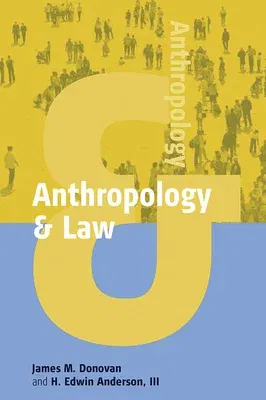James M Donovan
(Author)Anthropology and LawPaperback, 1 December 2005

Qty
1
Turbo
Ships in 2 - 3 days
In Stock
Free Delivery
Cash on Delivery
15 Days
Free Returns
Secure Checkout

Part of Series
Anthropology & ...
Part of Series
Anthropology &....S
Print Length
246 pages
Language
English
Publisher
Berghahn Books
Date Published
1 Dec 2005
ISBN-10
1571814248
ISBN-13
9781571814241
Description
Product Details
Book Format:
Paperback
Country of Origin:
US
Date Published:
1 December 2005
Dimensions:
22.86 x
15.24 x
1.32 cm
ISBN-10:
1571814248
ISBN-13:
9781571814241
Language:
English
Location:
New York, NY
Pages:
246
Publisher:
Weight:
335.66 gm